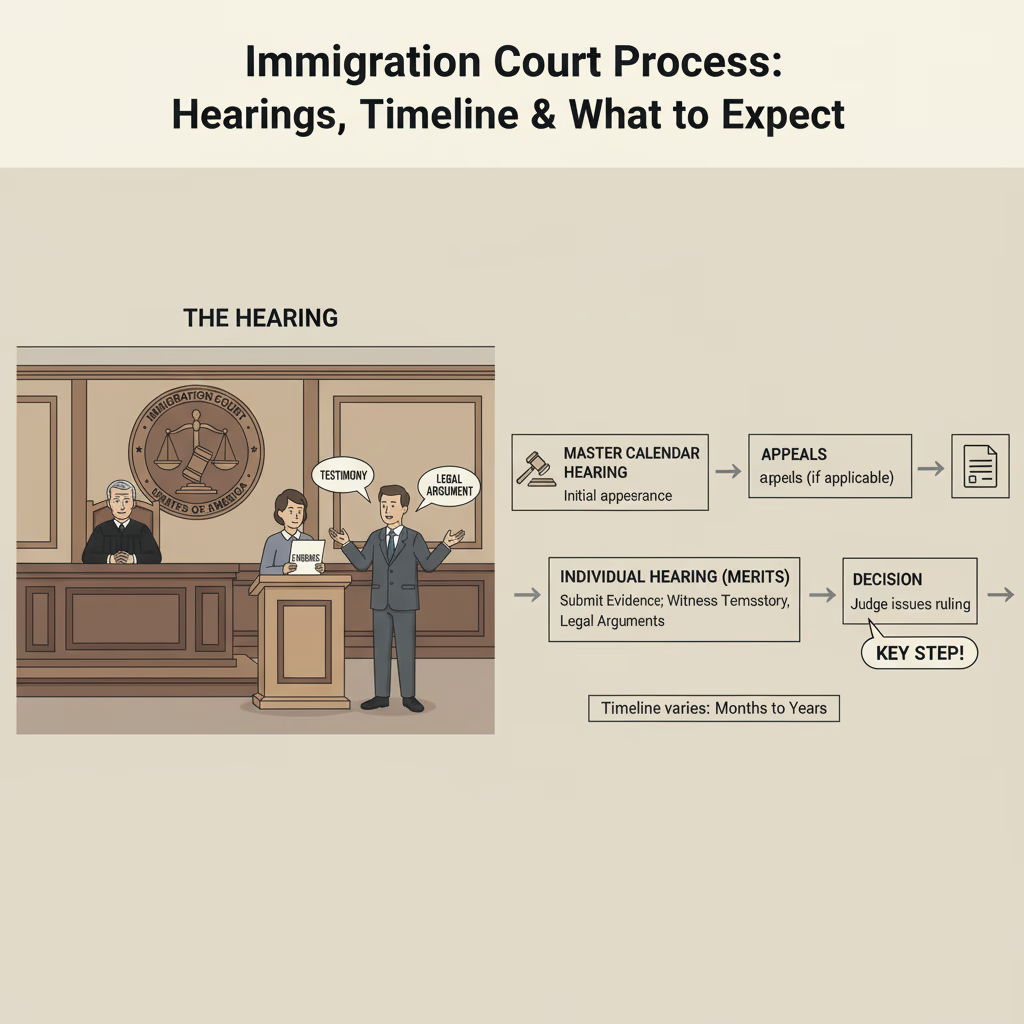In the state of Texas, Temporary Protected Status (TPS) has been a lifeline for many immigrants. This unique program, established by the U.S. government, offers temporary legal protection to individuals from countries facing extensive violence, disease outbreaks, or natural disasters. In this article, we delve into the impact of TPS on immigrants in Texas, uncovering the benefits it brings and the challenges they face.
Under TPS, eligible immigrants are shielded from deportation and given authorization to work in the United States. This not only provides them with a sense of security but also allows them to contribute to the local economy and build better lives for themselves and their families.
However, the road for TPS recipients is not without obstacles. Limited access to certain benefits, uncertainties surrounding their status, and the ever-looming threat of policy changes create significant challenges for these individuals. We explore the complexities and nuances of navigating life as a TPS-protected immigrant in Texas.
Join us as we shed light on the impact of Temporary Protected Status on immigrants in Texas, examining the benefits they receive, the challenges they encounter, and the potential ramifications of current immigration policies.
Overview of the TPS program in the United States
Temporary Protected Status is a humanitarian program that provides temporary legal status to eligible immigrants from designated countries. It was created to offer a safe haven to individuals who cannot return to their home countries due to ongoing armed conflicts, environmental disasters, or other extraordinary conditions. Under TPS, eligible immigrants are shielded from deportation and given authorization to work in the United States.
The TPS program is not a pathway to permanent residency or citizenship, but it offers a temporary reprieve from the fear of deportation for those who qualify. The designation of countries for TPS is made by the U.S. Secretary of Homeland Security, based on recommendations from the Department of State and other relevant agencies.
The impact of TPS on immigrants in Texas
Texas, with its large immigrant population, has a significant number of individuals who benefit from TPS. For those granted this temporary status, TPS provides a sense of security and stability that allows them to build a life for themselves and their families. With legal authorization to work, TPS holders contribute to the local economy, filling essential roles in various industries.
The economic impact of TPS holders in Texas cannot be overstated. They contribute billions of dollars to the state’s economy through taxes, consumer spending, and entrepreneurial activities. Many TPS holders have started businesses, creating job opportunities for themselves and others. By participating in the workforce, they also help address labor shortages in certain industries.
Economic contributions of TPS holders in Texas
The economic contributions of TPS holders in Texas go beyond their individual earnings. They play a vital role in supporting local businesses, stimulating economic growth, and contributing to community development. TPS holders are often homeowners, paying property taxes that fund schools, infrastructure, and other public services. Their purchasing power drives demand for goods and services, supporting local businesses and creating employment opportunities.
Furthermore, TPS holders in Texas are more likely to pursue higher education and professional development, which enhances their skills and qualifications. This, in turn, benefits the state by increasing the pool of skilled workers and fostering innovation and competitiveness in various industries.

Challenges faced by TPS holders in Texas
While TPS offers temporary relief from deportation and work authorization, it does not provide access to all the benefits and opportunities available to U.S. citizens or permanent residents. TPS holders in Texas face several challenges that affect their daily lives and overall well-being.
One significant challenge is the limited access to certain public benefits, such as federal financial aid for education, healthcare subsidies, and nutrition assistance programs. TPS holders are ineligible for many federal programs, which can hinder their pursuit of education and restrict their access to quality healthcare.
Another challenge is the uncertainty surrounding their status. TPS is subject to change, and policy shifts can leave TPS holders in a state of constant fear and anxiety. The possibility of losing their protected status or facing deportation creates immense stress and can negatively impact their mental health.
Access to healthcare and education for TPS holders in Texas
Access to healthcare and education is crucial for the well-being and future prospects of any individual. However, TPS holders in Texas often face barriers in accessing these essential services. While some states offer in-state tuition rates for TPS holders, Texas has not yet implemented such measures, making higher education less accessible and affordable for many.
Similarly, healthcare access for TPS holders in Texas is limited. They often struggle to find affordable health insurance options and may rely on community clinics and nonprofit organizations for basic medical care. The lack of comprehensive healthcare coverage puts TPS holders at a disadvantage, hindering their ability to address health issues and maintain overall well-being.
Immigration policies and their effects on TPS holders in Texas
The changing landscape of immigration policies in the United States has direct implications for TPS holders in Texas. The political climate and policy decisions can either provide a path to stability and a potential avenue for permanent residency or create further uncertainty and vulnerability for TPS holders.
Recent attempts to terminate TPS for certain countries have put many TPS holders on edge. The threat of losing protected status and being forced to return to countries still facing significant challenges can disrupt lives, separate families, and undermine the economic contributions made by TPS holders in Texas.
Communities and organizations supporting TPS holders in Texas
Despite the challenges faced by TPS holders in Texas, there are communities and organizations dedicated to supporting and advocating for their rights. Local nonprofits, faith-based organizations, and community centers provide crucial resources, including legal aid, healthcare services, educational support, and employment guidance.
These support networks play a vital role in helping TPS holders navigate the complexities of their immigration status and address the various challenges they encounter. By working together, these communities and organizations contribute to creating a more inclusive and supportive environment for TPS holders in Texas.
Legal options for TPS holders in Texas
For TPS holders in Texas seeking a more permanent solution to their immigration status, exploring legal options is crucial. Immigration laws can be complex, and the assistance of knowledgeable attorneys is often necessary to navigate the legal process successfully.
Some TPS holders may be eligible for other immigration relief options, such as asylum, adjustment of status through family or employment sponsorship, or other forms of protection. Understanding the available legal pathways and seeking professional guidance can help TPS holders explore their options and make informed decisions about their future.
Conclusion: Advocating for the rights of TPS holders in Texas
Temporary Protected Status has provided a lifeline for many immigrants in Texas, allowing them to build lives, contribute to the economy, and establish roots in their communities. However, the challenges faced by TPS holders, including limited access to benefits, uncertainty surrounding their status, and the ever-evolving immigration policies, highlight the need for continued advocacy and support.
By shedding light on the impact of Temporary Protected Status on immigrants in Texas, we hope to raise awareness and foster dialogue about the benefits TPS brings and the challenges faced by those who rely on this program. It is essential to advocate for fair and just policies that recognize the contributions and value of TPS holders in Texas and provide a pathway to stability and security. Together, we can strive for a more inclusive and compassionate society that upholds the rights of all immigrants.






